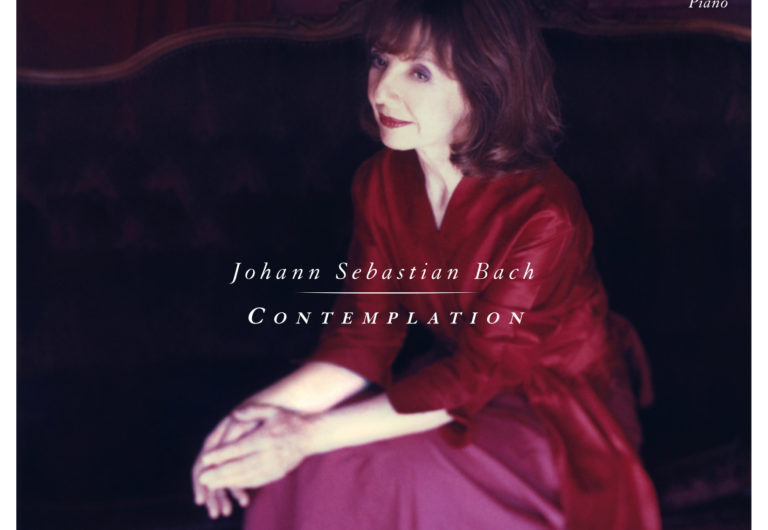About us
20 years later
It started by chance. In January 2000, in the incomparable musical hive that is the Cité des Congrès in Nantes every year for La folle journée, an anthology of German spiritual arias from the 17th century was being played in front of an astonished audience. The name of the young Spanish counter-tenor accompanied by the Ricercar Consort quickly circulated by word of mouth. The next day, the same programme attracted a group of journalists who were as charmed as the festivalgoers and as moved as René Martin himself. It must have been fate that Philippe Pierlot, the conductor of the Ricercar Consort, happened to confide in the Folle journée’s boss that he was thinking of parting with his publisher. Of course!
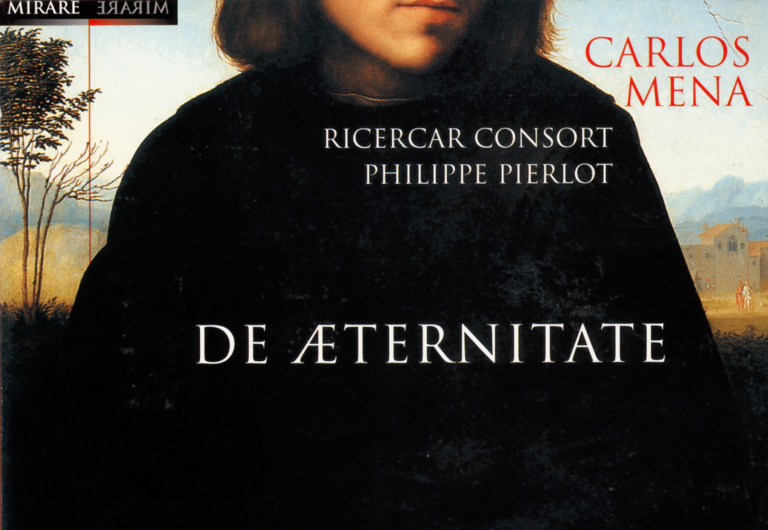
Carlos Mena and the Ricercar consort will thus lay, with the anthology De Æternitate, the foundation stone of Mirare, awarded in 2002 with an unexpected number of prizes (Diapason d’or de l’année, Choc du Monde de la musique, ffff Télérama and the like). Another shower of medals immediately celebrated the second release, a Scarlatti recital by harpsichordist Pierre Hantaï. The piano enters the scene thanks to Anne Queffélec, with our friend Mozart on her music stand.
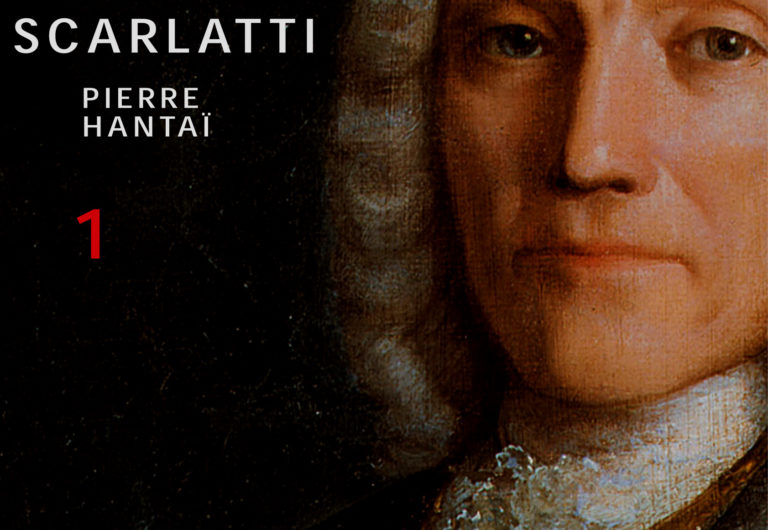
Also in 2003, René Martin gave the green light to the young pianist who had set himself the task of recording Franz Liszt’s three Years of Pilgrimage – you will have recognised Nicholas Angelich. Brigitte Engerer joined them in 2004 and Boris Berezovsky the following year, bringing a more international dimension to the young French label. The pace of releases quickened under the combined enthusiasm of René and François-René Martin.
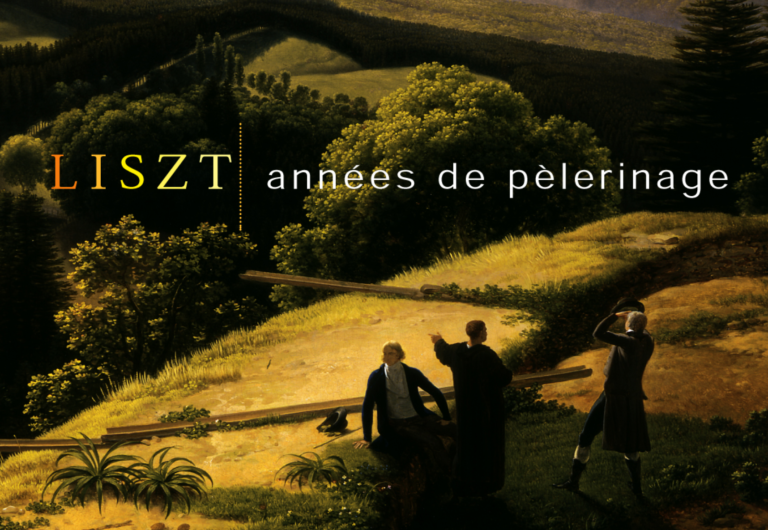
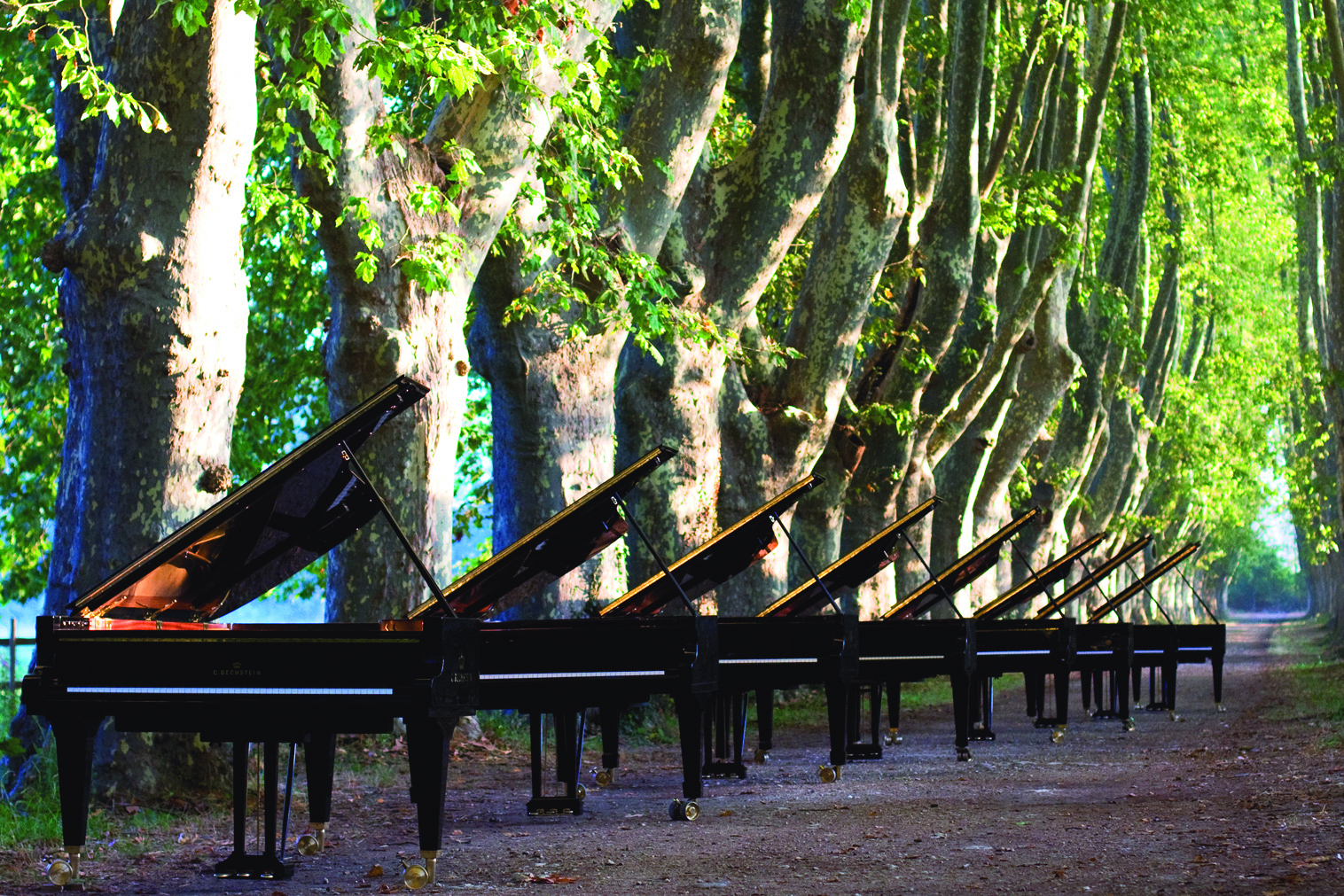
One can already see here the assets that will make the success and identity of Mirare, intact twenty years and over four hundred records later: flair, an extraordinary understanding of the pianistic world (almost half of the catalogue), a sense of calculated risk, an ever-watchful ear for young talent, an eclecticism stimulated by the countless artists René Martin has worked with in his various festivals (La Grange de Meslay, La folle journée, the Festival de la Roque d’Anthéron), the trust of artists rewarded with loyalty (see the Ricercar Consort, Hantaï, Queffélec, still part of the familly).
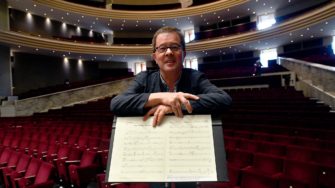
There is still one crucial factor. Although he comes from a world of live performances, René Martin has never viewed the record as a mirror of the stage. Having worked during the early years of Mirare with the sound engineer Nicolas Bartholomée reinforced his idea of recording, in which time must free the artist from contingencies, and in which the microphones do not imitate the concert but place the listener in the musician’s intimacy. In this respect, the recordings made for De Æternitate and the 2002 Scarlatti have set a standard. Hugues Deschaux, Aline Blondiaux and Jiri Heger will follow in their footsteps and assert this requirement just as brilliantly, each of them with their own personal touch.
In the 2010s, the general decline in the classical recording market could have undermined this time-consuming method in favour of the “enhanced live” method favoured by many publishers. This was not the case at Mirare. René and François-René Martin’s project was to accompany certain beloved artists in their musical approach, and not to provide an extension of the Nantes and La Roque d’Anthéron concerts at a lesser effort. On the other hand, the advantage of a record production directly connected to the concert scene has been essential for the promotion of the label. The influence of the Folles Journées, with festivals in Lisbon, Bilbao, Japan, Poland and Brazil, has been a welcome boost to Mirare’s ambition despite the turbulence in the recording industry. An ambition that is summed up, on the occasion of its twentieth anniversary, by the complete Schubert works performed by the Modigliani Quartet: a cycle patiently built up over twenty days, and spread over three concert halls according to the character of the works.
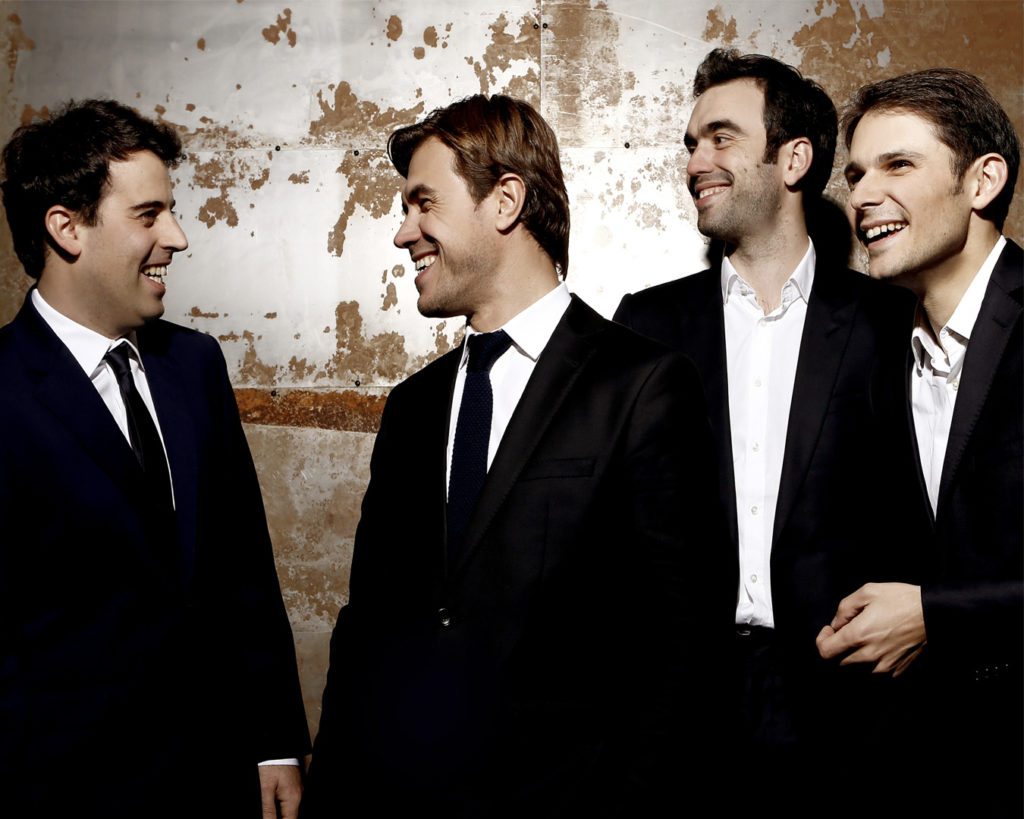
The Modigliani joined Mirare at a very young age (2008), and Mirare had also spotted the Quatuor Ebène! After a few discs, the latter was welcomed by Warner Classics. This is the price of success: the majors do not appreciate anything as much as artists who have already been launched and received critical acclaim. To have carried Nicholas Angelich, Adam Laloum, Bertrand Cuiller, La Rêveuse, François-Xavier Roth’s Les Siècles, etc., is no mean feat. And yet you will never hear René and François-René Martin complain about the departures. In their eyes, supporting young talent is one of Mirare’s vocations (a vocation that is reflected in the new “Future” collection, in partnership with the CNSMDP). Philosophically, René Martin recalls that, on the contrary, the departure of many artists for the majors in the early 2000s offered the label a providential springboard.

Chance at the root, friendship along the way. It was friendship, for example, that gave choral singing an unexpected place in Mirare’s catalogue, as a result of the meeting between the late Michel Corboz and René Martin. And what about the future? Who, in 2007, would have anticipated the best-seller that Zhu Xiao-Mei’s Goldberg Variations would become? Who would have thought that Lukas Geniušas would navigate between Prokofiev (complete sonatas in progress) and… Reynaldo Hahn? Who would have imagined, only five years ago, the complete Schubert works that have just been published? It is not easy to know what to expect in the little white frame that has adorned the covers of Mirare albums for the past twenty years!
